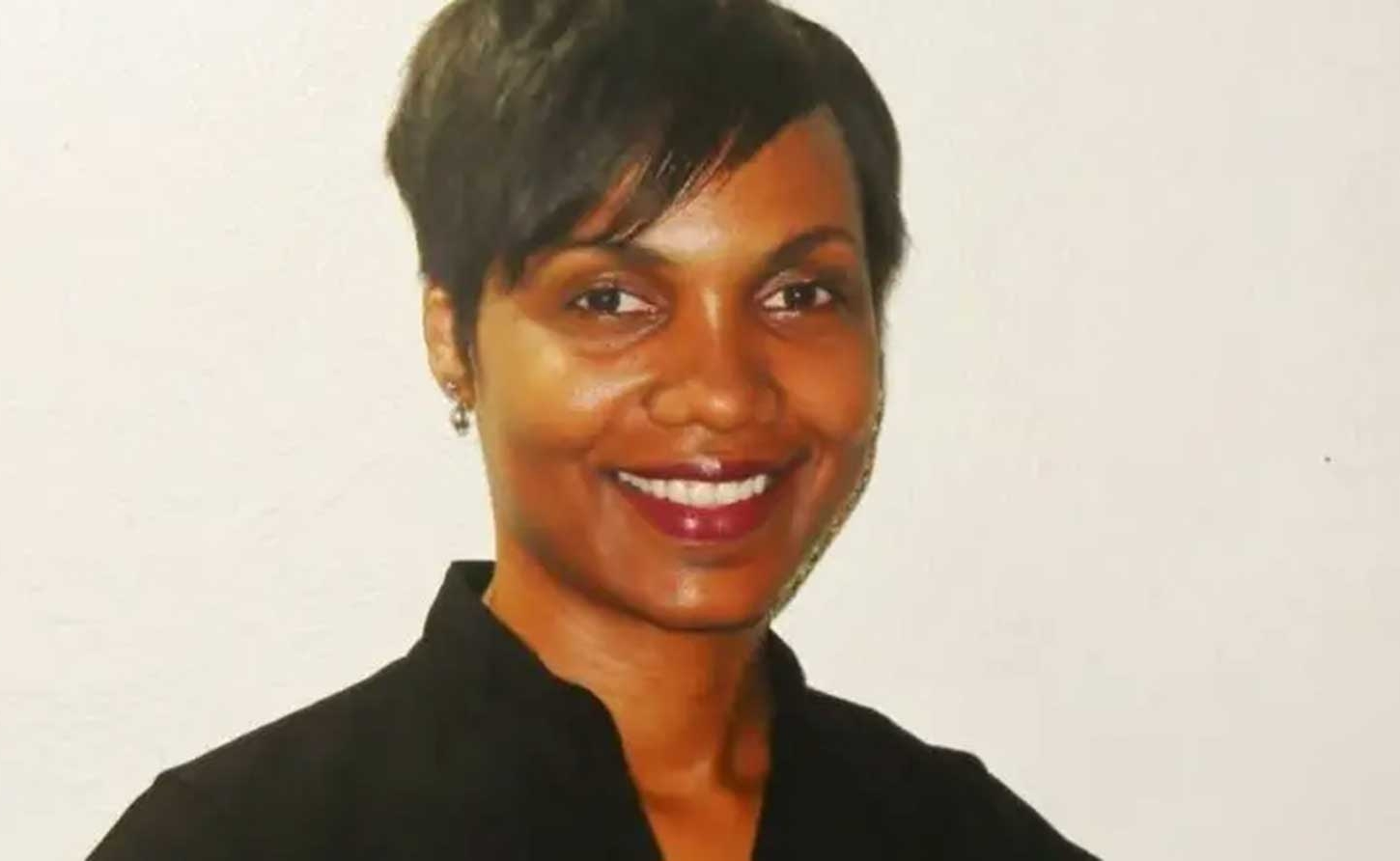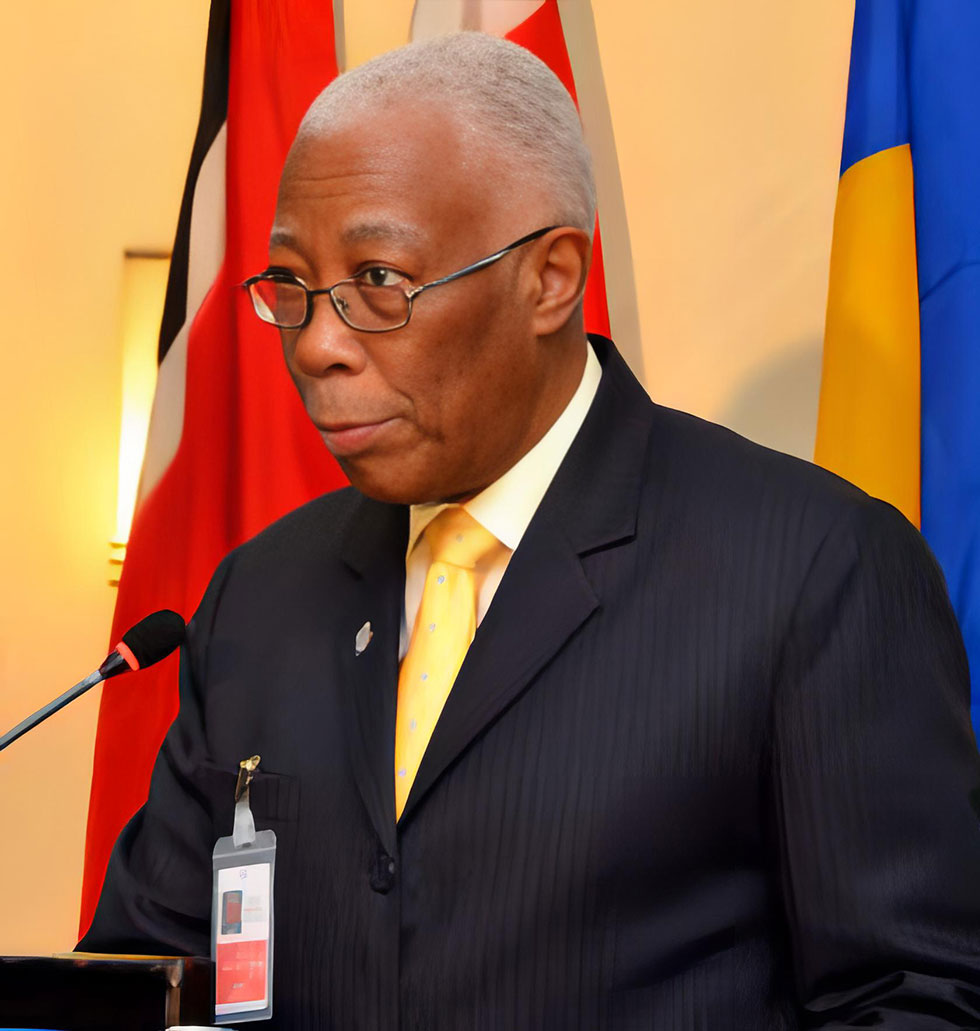JAMAICA | Absurd Theatre: A Prophet Without Honour? Asks A.J. Nicholson

KINGSTON, Jamaica, September 15, 2024 - It was reported locally on Saturday, August 24, that Rhodes scholar and distinguished law lecturer, Dr Chantal Ononaiwu, would soon join the Caribbean Court of Justice bench. She is the third female judge appointed to the regional court.
The leaders of Guyana, Barbados, Belize, Dominica and St Lucia - the five Caribbean nation states that have acceded fully to the CCJ - would have every confidence that their citizens and foreign investors in their economies will continue to receive fair treatment from the court with the addition of this daughter of Jamaica with her exceptional legal expertise.

Movement in any country toward creation of the just society would invariably encounter stumbling blocks. So it has been with Jamaica which, memorably, has perhaps experienced more than its fair share.
Two indispensable component parts in creating the just society are the right of citizens to exercise their franchise to elect their own government; and their right to have available access to their courts of justice.
From its inception, the JLP has exhibited strong kryptonite tendencies in fighting to block those empowering rights from becoming exercisable by the economically challenged majority.
There is the painful recall of how the newly-formed Jamaica Labour Party began its journey along the country's political pathway in the early 1940s battling to prevent the membership of that disadvantaged class from attaining to the democratic right to be registered to vote.
They were joined in that struggle by some who were already so blessed. Their ignoble effort failed, and despite their success in the ensuing general election, there had been by every measure a regrettable foreboding start to contributing to the creation of a just society.
Belonging squarely within the theatre of the absurd, they even contrived to stymie the visionary policy initiative laid down by a previous government of their own party aimed at allowing for access to the final court to become available to our less privileged citizens.
Dr Chantal Ononaiwu's elevation to the court is in continuing fulfillment of the promise to patriate our justice system within a regional construct by a prudent framework set in place early on the regional independence journey.
The aim was the development of a Caribbean jurisprudence projected by Her Majesty Queen Elizabeth II at the opening of the Norman Manley Law School in 1975 to rest on the "creation of a West Indian system of legal education" anchored on "the common law of England".
The turning point for Jamaica had come in 1970, over half century ago, when the Hugh Shearer-led government, studiously exhorted by Carribean barristers, gave birth to a policy whereby we would delink from the British Privy Council to subscribe to a regional final appellate court to be created with time.
In 1988, eager pursuit of that policy initiative by a subsequent JLP administration headed by Edward Seaga led to the then attorney general being deputed to carry Jamaica's urgings to the Regional Heads of Government meeting at St John's, Antigua and Barbuda, that the process for the creation of the court should be speeded up.
Seven years later, in 1995, each House of Parliament, accepting the recommendation of a joint select parliamentiary committee, recorded a unanimous vote on the issue causing then Prime Minister PJ Patterson to direct Jamaica's participation in the creation of the regional institution.
At the eleventh hour, however, mere months before the inauguration of the CCJ in 2005, the JLP led by Seaga could not hold out. Yielding to the temptation to awaken their kryptonite qualities, they proceeded to erect partisan stumbling blocks, preventing access from becoming available to the too-long deprived majority, unceremoniously dumping the initiative geared toward the creation of the just society launched by the Hugh Lawson Shearer-led government.
With Dr Ononaiwu, child of the Jamaican soil, soon to sit as a judge of the internationally acclaimed itinerant CCJ, we once again must contemplate the unkind position unconscionably settled on by her country's rulers.
The Jamaican acting president of the court (Dr. Winston Anderson) and herself would no doubt consider that their crowning achievement would lie in service to their kith and kin at the pinnacle of the judicial hierarchy.
How totally undeserving for them to be left to ponder with us the biblical injunction that "a prophet is not without honour except in his hometown and among his relatives and in his household!".
So, how does the JLP leadership explain the difference in agreeably exulting over the elevation of a Jamaican Rhodes scholar to serve in the hierarchy of the global finance system at the International Monetary Fund? Will decisions not be taken there deeply affecting the well-being of every Jamaican? And has a Jamaican not served as judge of the world tribunal at the International Court of Justice?
The thoroughly absurd stance fastened onto by the governing JLP leadership would also have proved to be a bitter disappointment to Sir Shridath Ramphal, celebrated chairman of the catalytic West Indian Commission, appropriately designated as a "labourer in the vineyard" of Caribbean integration by Dr Eric Williams.
Theatre of the absurd, indeed!
AJ NICHOLSON
-30-
